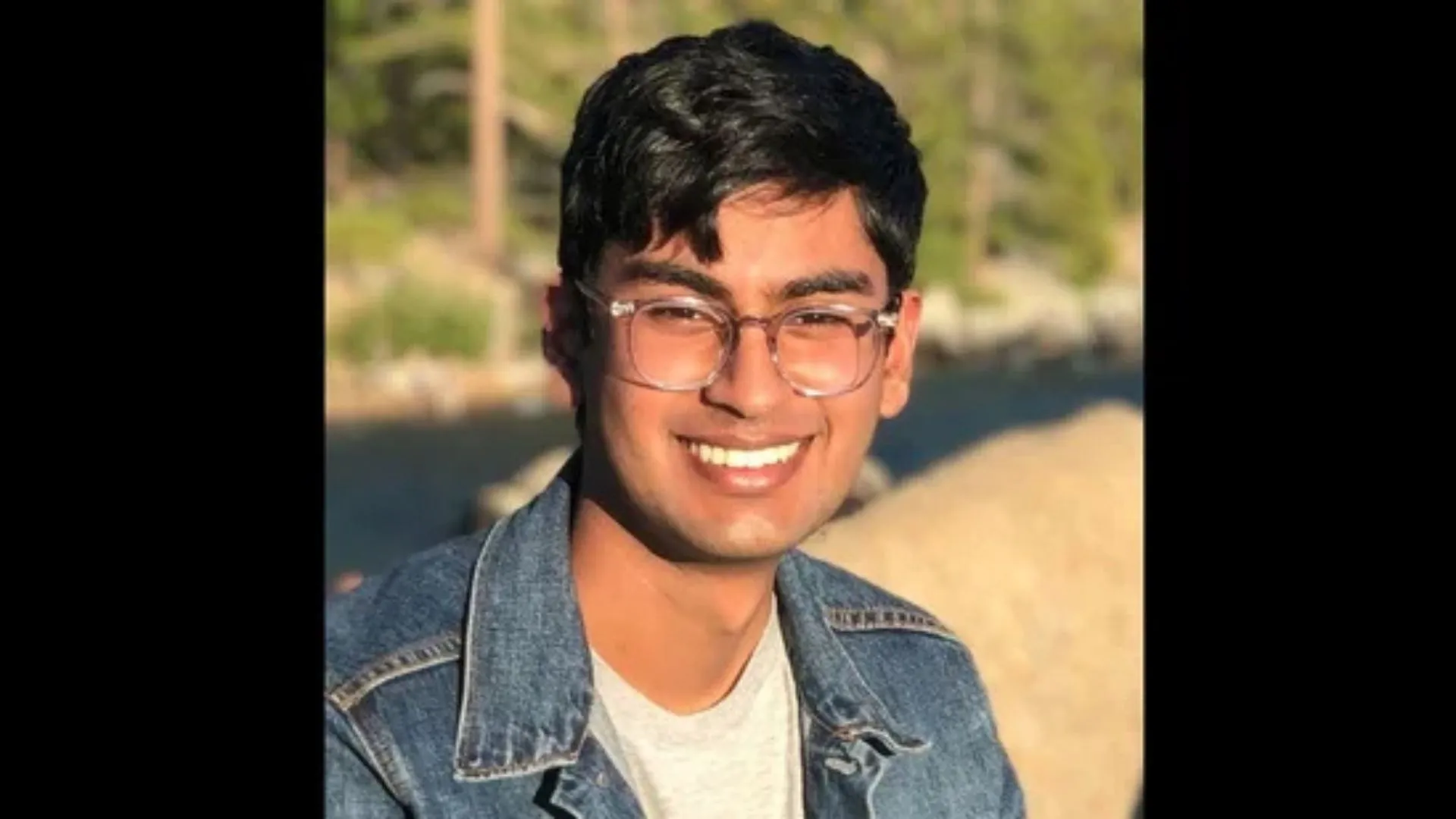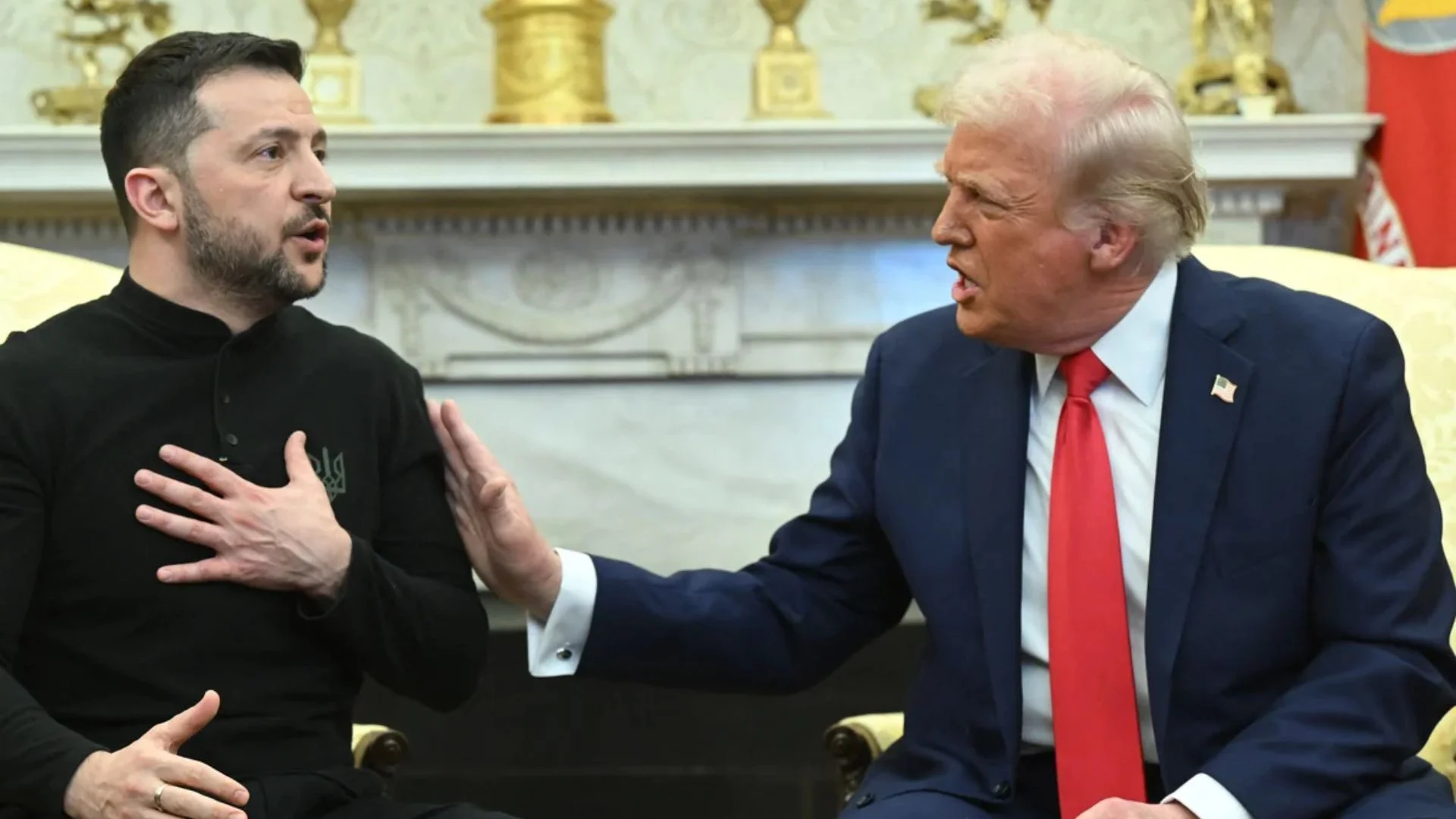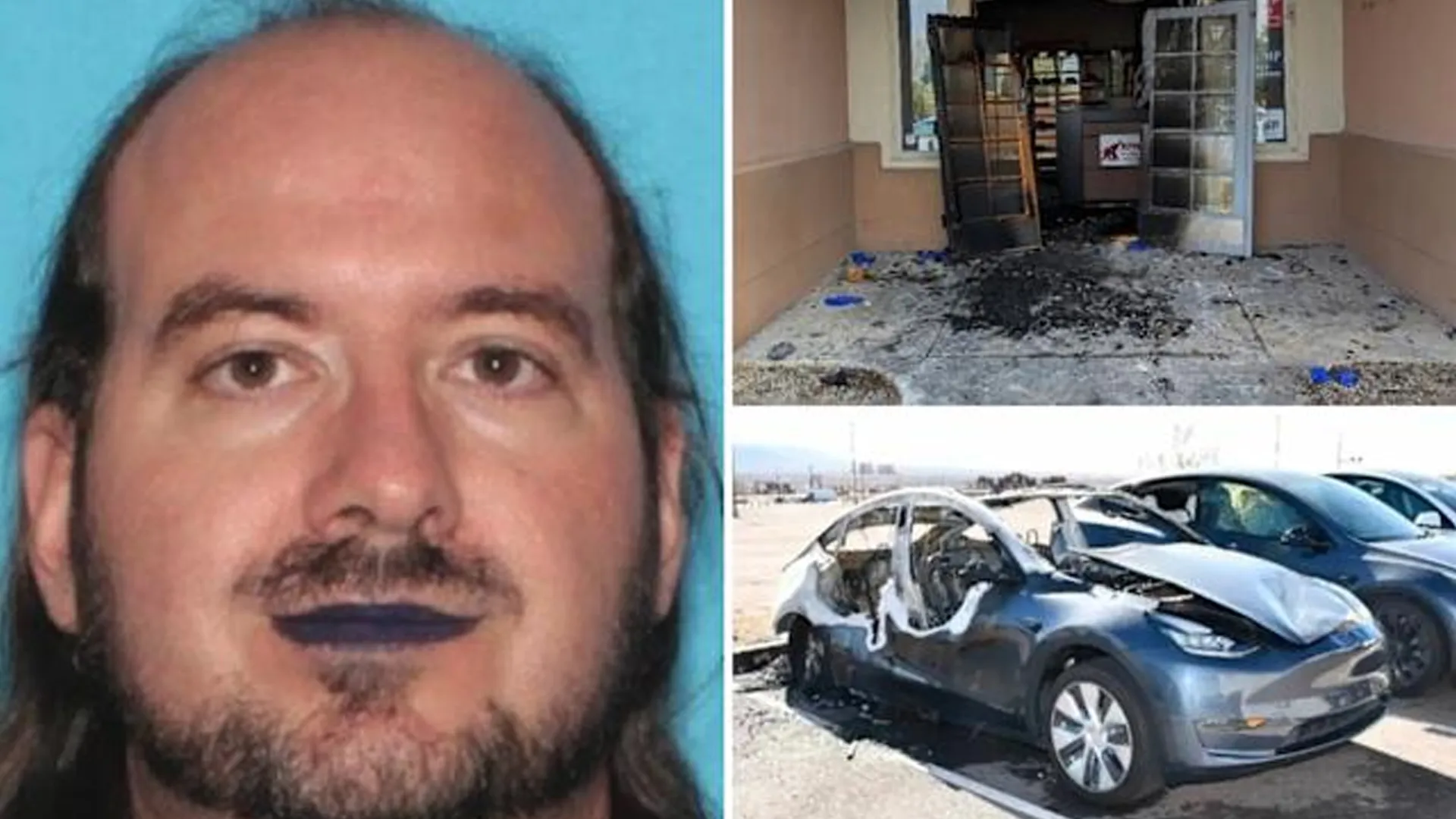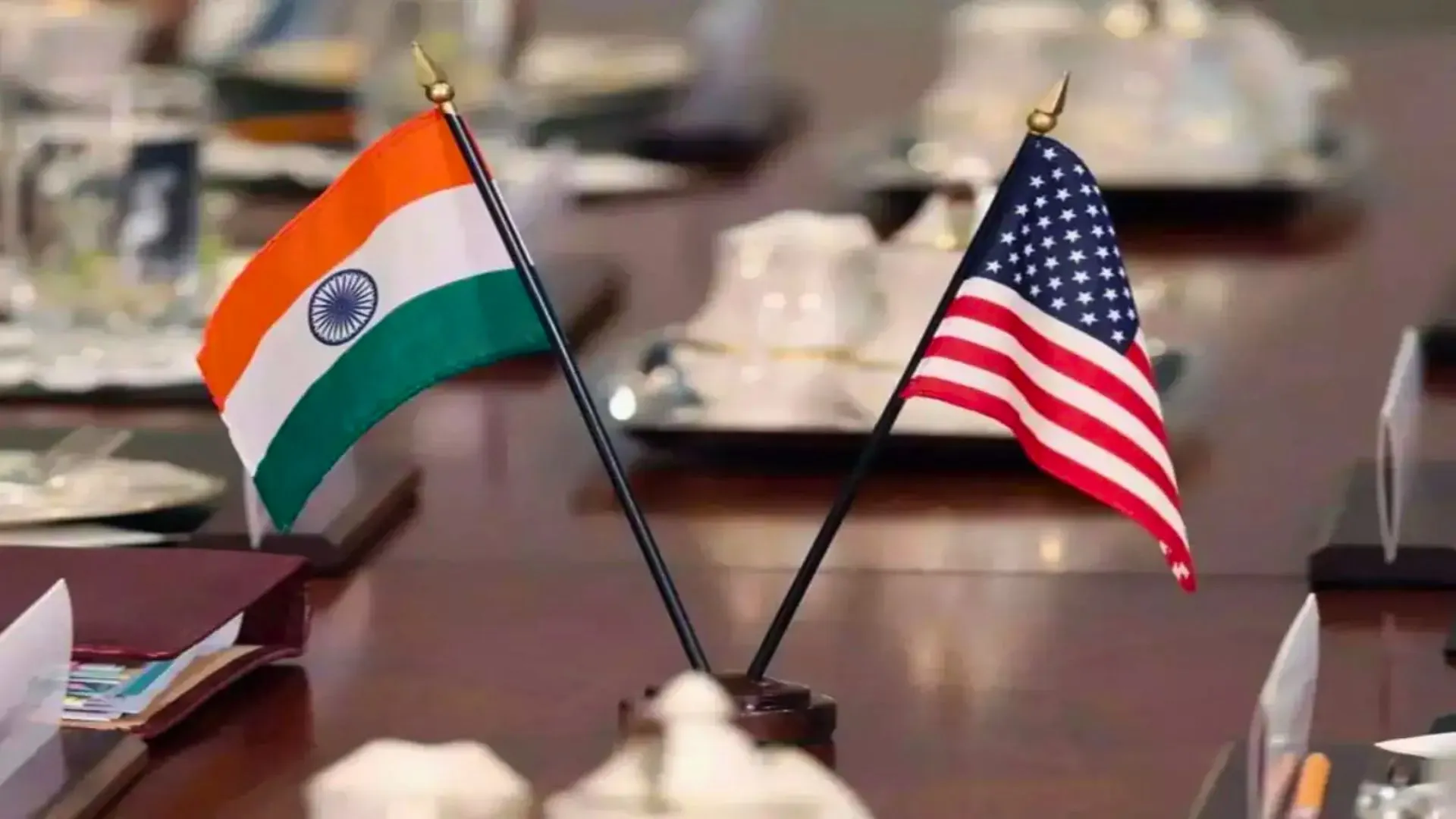The death of Suchir Balaji has sparked intense debate for weeks.
The Indian-American former OpenAI employee was discovered dead in November.
While police initially stated that it “appeared to be a suicide,” new details have revealed shocking revelations, including the absence of CCTV cameras at the San Francisco apartment where his body was found.
Was this a suicide, or, as alleged by his parents, a “cold-blooded murder”?
New details emerge in Suchir Balaji death case
New details have emerged regarding the death of Suchir Balaji, revealing that there were no CCTV cameras installed in the San Francisco apartment where his body was discovered.
Investigative journalists have suggested that Suchir might have been struck on the back of his head before collapsing.
Although the police have yet to release an official autopsy report, they maintain that Suchir died by suicide on December 14, 2024, from a self-inflicted gunshot wound. A forensic analysis of the fingerprints on the gun found at the scene is still pending. Suchir had applied for a gun license, and a receipt for the application was located on a table in his apartment. However, his family stated they were unaware of him owning a firearm.
It is believed that Suchir’s apartment had been ransacked, with cupboards and drawers rummaged through. A pen drive was reported missing from the scene.
In an interview with CNN-News18, investigative journalist George Webb, who accompanied Suchir’s parents to the apartment, asserted that the death was a murder committed by a single individual. Webb also shared videos of the apartment, showing that Suchir was found in the washroom wearing an earphone.
Suchir Balaji parents adter a walkthrough of his apartment. pic.twitter.com/DfD4bnsCzo
— George Webb – Investigative Journalist (@RealGeorgeWebb1) December 31, 2024
The incident, occurring shortly before Thanksgiving, sparked speculation that the police rushed to close the case.
“Cold-blooded murder”
Poornima Rao, the mother of Suchir Balaji, has alleged that her son was murdered and has called for an FBI investigation into his death.
She claimed that his death was a “cold-blooded murder declared by authorities as suicide.” Poornima further stated that a private autopsy uncovered findings that contradicted the initial police report. According to her, Suchir’s apartment had been “ransacked,” with evidence of a struggle in the bathroom indicating he had been struck.
NEW: Parents of OpenAI whistleblower hire private investigator after their son allegedly took his own life, suggest their son was killed.
The parents of 26-year-old Suchir Balaji say their son had plans to see them in January, claim there were “signs of a fight.”
“I was the… pic.twitter.com/QNAs6fiEjs
— Collin Rugg (@CollinRugg) December 29, 2024
“We have facts with the second autopsy — head trauma and signs of struggle. This is not a suicide, it’s a murder,” News18 quoted her.
“There was a struggle, he did not take his life. Now, who and why need to be explored,” she added, urging the Indian government to support their demand for justice.
Police statement
The police reported that “no evidence of foul play was found during the initial investigation,” and the San Francisco Chief Medical Examiner’s Office classified the death as a suicide.
However, Suchir’s family enlisted a private investigator and conducted a second autopsy, which they claim contradicts the police’s conclusions.
Update on @suchirbalaji
We hired private investigator and did second autopsy to throw light on cause of death. Private autopsy doesn’t confirm cause of death stated by police.
Suchir’s apartment was ransacked , sign of struggle in the bathroom and looks like some one hit him…
— Poornima Rao (@RaoPoornima) December 29, 2024
Speaking to CNN-News18, Poornima Rao alleged that Suchir’s “computer was on for three days and ‘temp data’ was deleted from his computer.” She also mentioned that “no suicide note was found,” and the family was not permitted to see the body. Additionally, the CCTV footage was not shared with them.
She described her son as being in a positive state of mind, saying, “He was on a vacation. He was very happy. There was nothing disturbing.”
Meanwhile, Suchir’s father, Balagi Ramamurthy, stated, “I was the last person to talk to him. He was happy more, not depressed or anything. And it was his birthday week.”
It is worth noting that Suchir Balaji was found dead in his San Francisco apartment months after accusing OpenAI of violating laws during the development of ChatGPT. The San Francisco Police Department closed the case as a suicide, citing no evidence of foul play.
Suchir Balaji
Suchir Balaji was born to an Indian-American family and raised in Cupertino, California. He studied Computer Science at the University of California, Berkeley, from 2017 to 2021, according to his LinkedIn profile.
Balaji demonstrated exceptional talent from a young age, excelling in programming competitions. He ranked 31st in the ACM ICPC 2018 World Finals and secured first place in both the 2017 Pacific Northwest Regional and Berkeley Programming Contests.
His passion for artificial intelligence began in his teens after reading a news story about the technology. In an October interview with The New York Times, he mentioned envisioning how neural networks could solve humanity’s greatest challenges.
Balaji worked at OpenAI for four years, contributing to the development of the company’s AI models. For one and a half years, he focused on gathering and organizing massive datasets of internet data to build ChatGPT.
“Suchir’s contributions to this project were essential, and it wouldn’t have succeeded without him,” OpenAI co-founder John Schulman wrote in a social media post memorializing Balaji. Schulman, who had recruited him, praised his attention to detail and his ability to identify subtle bugs or logical flaws.
Later, Balaji shifted to organizing datasets of writings and media to train GPT-4, OpenAI’s flagship large language model. However, this work led him to question the ethics of the technology, especially after lawsuits from newspapers, novelists, and others accused AI companies of copyright infringement.
Balaji voiced his concerns in an interview with The New York Times, which featured him in an October 2024 profile. That same month, he left OpenAI and publicly accused the company of violating copyright laws by scraping internet data for training AI models.
I recently participated in a NYT story about fair use and generative AI, and why I’m skeptical “fair use” would be a plausible defense for a lot of generative AI products. I also wrote a blog post (https://t.co/xhiVyCk2Vk) about the nitty-gritty details of fair use and why I…
— Suchir Balaji (@suchirbalaji) October 23, 2024
On November 18, Suchir Balaji was named in a court filing as someone with potentially “unique and relevant documents” supporting allegations of OpenAI’s copyright infringement.
Additionally, his records were requested in a separate lawsuit filed by book authors, including comedian Sarah Silverman.
After his death, allegations of foul play gained momentum. In response to a post by Balaji’s mother, Poornima Rao, on X, Elon Musk wrote, “This doesn’t seem like a suicide.”
OpenAI’s statement
OpenAI has dismissed concerns about copyright infringement, asserting that its AI models are trained on “publicly available data, in a manner protected by fair use and related principles, and supported by long-standing and widely accepted legal precedents.”
In response to Suchir Balaji’s death, the company released a statement expressing their grief. OpenAI stated it was “devastated to learn this incredibly sad news.”





















